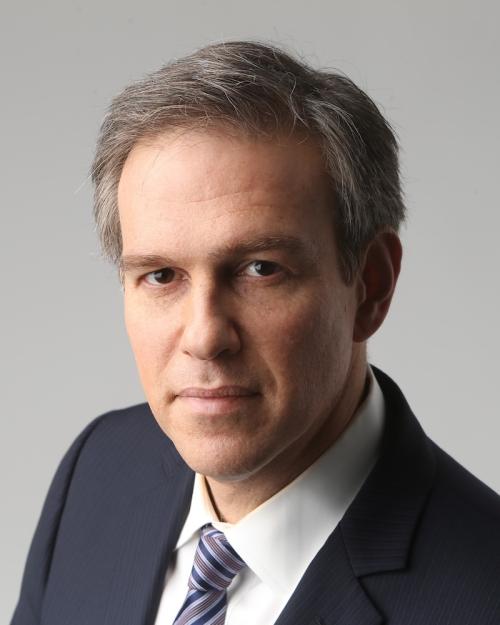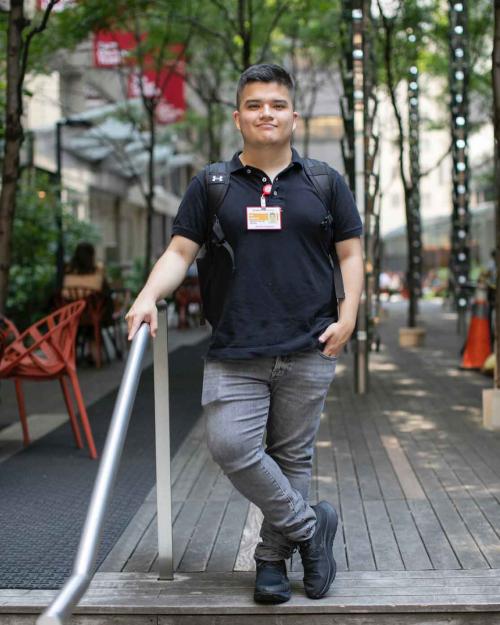This summer, when Iván Andrade ‘23 wasn’t interviewing patients in the emergency room at New York-Presbyterian/Weill Cornell Medical Center, he was spending his time interpreting for Spanish-speaking patients at the Einstein Community Health Outreach Free Clinic, or perhaps studying for the MCATs, the Medical College Admissions Test.
Andrade’s summer experience helped him realize that he’s headed in the right direction as he pursues a career in medicine. As a research associate at Weill Cornell Medicine this summer, Andrade worked with epidemiologist Aisara Chansakul on a project to survey ER patients about their experiences at the hospital. Another project aims to establish a telemedicine service where a remote doctor evaluates medical situations in which the ER may not be the right choice – conditions they might treat at home or see their primary physician for.
“It’s super interesting to be exposed to this fast-paced environment,” Andrade said. “I love interacting with patients, asking them how they are and how we could better their experiences. Some people fear the hospital, some people are not sure they should have come to the ER at all. It’s great to reassure them and understand why they feel that way.”
Andrade uploads his patient surveys into a secure database, which reseachers can use in their studies.
On Cornell’s Ithaca campus, Andrade is involved in the translator interpreter program, in which Cornell students serve as volunteer translators/interpreters for community agencies. He’s also a member of the lab of Professor Christopher Ober, the Francis Bard Professor of Materials Engineering, and is majoring in chemistry and Spanish and minoring in biological sciences.
“I think I might suggest a research project this year related to medicine,” said Andrade, who joined the Ober lab last year and is considering a M.D./Ph.D. program after he graduates from Cornell. “The techniques and molecules we’re studying can also be used to detect certain diseases, antibodies or antigens, or preserve medical devices inserted in the body.”
Andrade received funding from a Summer Experience Grant (SEG) to help him pay his housing, food and other costs this summer. Last winter break, he also received some financial help from the Pre-Professional Program (P3), part of Cornell’s Office of Diversity Initiatives, to shadow a retinal specialist in private practice, giving him a chance to see that side of medicine, as well.
“My family is going through a tough time, so it’s really helped that I can contribute to our expenses,” he said. “Without these grants, I would not have had either of these experiences, which I know will improve my chances of being accepted into a good medical school.”
Andrade said he plans to pay it forward one day.
“If I become a successful surgeon and push though all of the internships and residencies, I would like to contribute to SEG and help students like me who otherwise might not be able to afford these experiences.”




